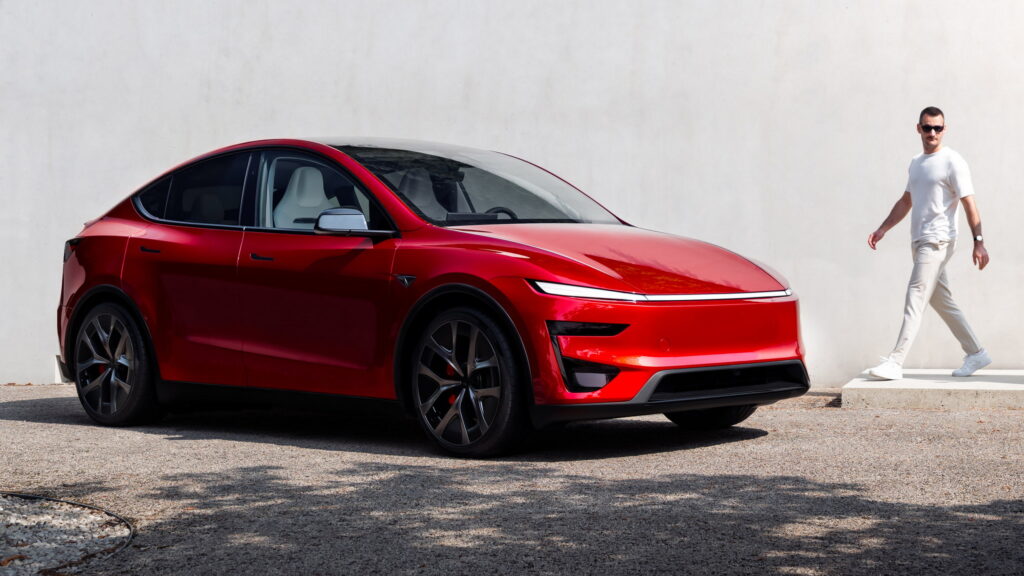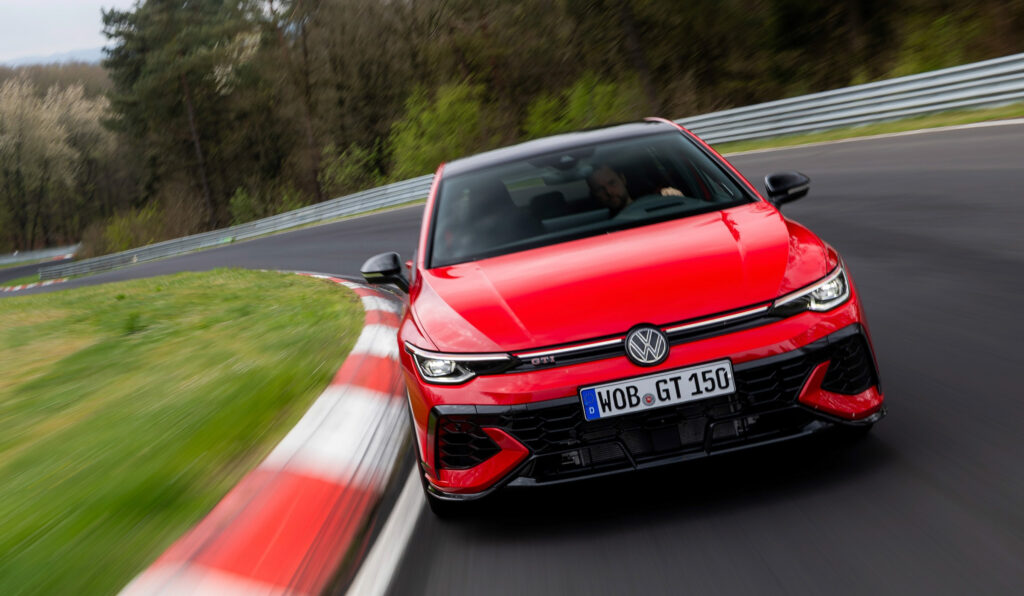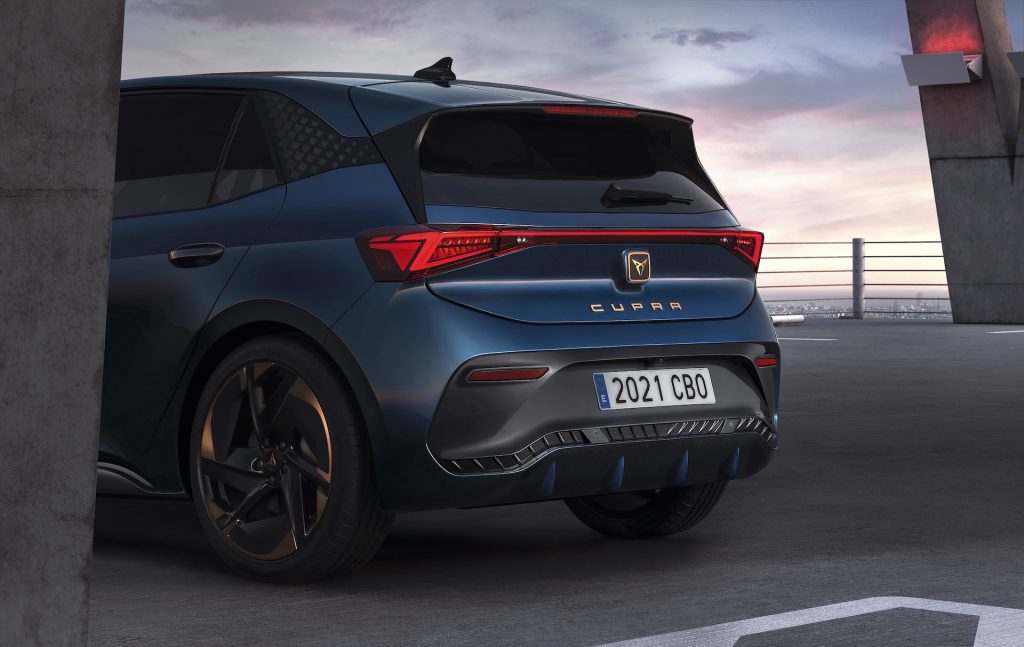All-Electric School Bus Pilot Gearing Up in New Mexico
SANTA FE, N.M., – GreenPower Motor Company Inc. (“GreenPower”) and the New Mexico Economic Development Department have announced the launching of the New Mexico All-Electric, Purpose-Built, Zero-Emission School Bus Pilot Project at two Las Vegas public schools and a Santa Fe charter school.
GreenPower (NASDAQ: GP) (TSXV: GPV), a leading manufacturer and distributor of all-electric, purpose-built, zero-emission medium and heavy-duty vehicles serving the cargo and delivery market, shuttle and transit space, and school bus sector, today announced the launch of the New Mexico All-Electric, Purpose-Built, Zero-Emission School Bus Pilot Project with deployments of the Type A Nano BEAST at the Las Vegas City Schools and West Las Vegas Schools and the Type A Nano BEAST Access at the Monte del Sol Charter School in Santa Fe.
“GreenPower is pleased to begin this two-year pilot project with the State of New Mexico with three Nano BEASTs in schools that are excited to evaluate all-electric transportation options for school kids,” said Brendan Riley, president of GreenPower. “By focusing the first year of the project on the Type A Nano BEAST, the state and school districts will have a unique opportunity to see how the all-electric vehicle performs in differing conditions with different sets of charging infrastructure.”
GreenPower entered into an MOU with the State of New Mexico to assess the viability and reliability of fast charging in various environments and circumstances. The school districts’ participation in the pilot is voluntary, and the state has agreed to support the program with $5 million in capital outlay appropriation to purchase the vehicles and cover the cost of the pilot project.
The 2-year pilot program supports New Mexico’s dedication to the Energy Transition Act, designed to transition the state toward the goal of 100% zero-carbon electricity supply by 2045, while also providing support for affected communities and ensuring cost protections for residents.
According to the MOU, after two successful pilot phases, EDD will support an additional $15 million for more school buses. The state also pledges to work with GreenPower to expand the all-electric, zero-emission commercial fleet at the Department of Transportation and the General Services Department.
The two-year pilot project will deploy three GreenPower Type A all-electric, purpose-built, zero-emission school buses in the first school year (2025-26), and two GreenPower Type D all-electric, purpose-built, zero-emission BEAST school buses and one Mega BEAST school bus in the second school year (2026-27). The school buses will rotate around the state for five pilot rounds each school year, with each round lasting six weeks. GreenPower will install charging systems through its Pilot Project partnership with Highland Electric Fleets, provide training for drivers, mechanics, and the community’s first responders, and track telematics through a partnership with Geotab. GreenPower will provide a detailed report to the state at the end of each school year.
“Among some of the data that will be collected is range, charging infrastructure needs, handling and maneuverability, operating and maintenance savings, student and parent acceptance, and more,” said GreenPower CEO Fraser Atkinson. “The data will help with the idea of change as schools look to create a new beginning of a clean, healthy school day.”
“As we transition towards a more flexible, diversified, and environmentally sustainable economy, we are dedicated to achieving carbon-free power,” stated Rob Black, cabinet secretary of EDD. “This is also an opportunity to introduce young students to alternative energy sources. The steps we take today will not only promote a greener future but also inspire a new generation of environmental stewards.”
“Las Vegas City Schools is proud to be one of three New Mexico schools participating in this first round of the GreenPower pilot project, and we look forward to seeing how an all-electric school bus can benefit our school system and students,” said Melissa Sandoval, Superintendent at Las Vegas City Schools.
“We have been looking at grant opportunities to begin migrating from diesel to all-electric school buses for the past couple of years,” said Christopher Gutierrez, superintendent at West Las Vegas Schools. “Participating in this pilot project will allow us to determine the best ways to integrate zero-emission buses into our fleet.”
“Our charter school is always searching for new, innovative ways to serve our students and communities,” said Dr. Zoe Nelson, head learner for Monte del Sol Charter School. “We are honored to have been chosen to participate in the state’s all-electric school bus pilot program. Our school believes in safe, sustainable, and sensible alternatives, and I cannot wait to see the multitude of benefits this investment will yield for the deserving children of the Land of Enchantment.”
About the Nano BEAST
The Nano BEAST has a standard 118 kWh battery pack and a range of up to 140 miles. Configured for up to 24 passengers, it features a seamlessly integrated aluminum body made from extruded aluminum manufactured by Constellium. The Nano BEAST is built on the EV Star Cab & Chassis which is the same platform as the EV Star Passenger Van that passed the FTA Altoona Bus Testing program with one of the highest scores ever achieved. The dual port charging is standard, with Level 2 rates up to 19.2 kW and DC Fast Charging rates up to 60 kW. Nano BEAST Access has seating for up to 20 ambulatory passengers and up to 3+ Q’STRAINT wheelchair securements, complemented with a BraunAbility rear curbside lift.
About GreenPower Motor Company Inc.
GreenPower designs, builds and distributes a full suite of high-floor and low-floor all-electric medium and heavy-duty vehicles, including transit buses, school buses, shuttles, cargo van and a cab and chassis. GreenPower employs a clean-sheet design to manufacture all-electric vehicles that are purpose built to be battery powered with zero emissions while integrating global suppliers for key components. This OEM platform allows GreenPower to meet the specifications of various operators while providing standard parts for ease of maintenance and accessibility for warranty requirements. GreenPower was founded in Vancouver, Canada, with primary operational facilities in southern California. Listed on the Toronto exchange since November 2015, GreenPower completed its U.S. IPO and NASDAQ listing in August 2020. For further information, go to www.greenpowermotor.com.
The post All-Electric School Bus Pilot Gearing Up in New Mexico appeared first on School Transportation News.



